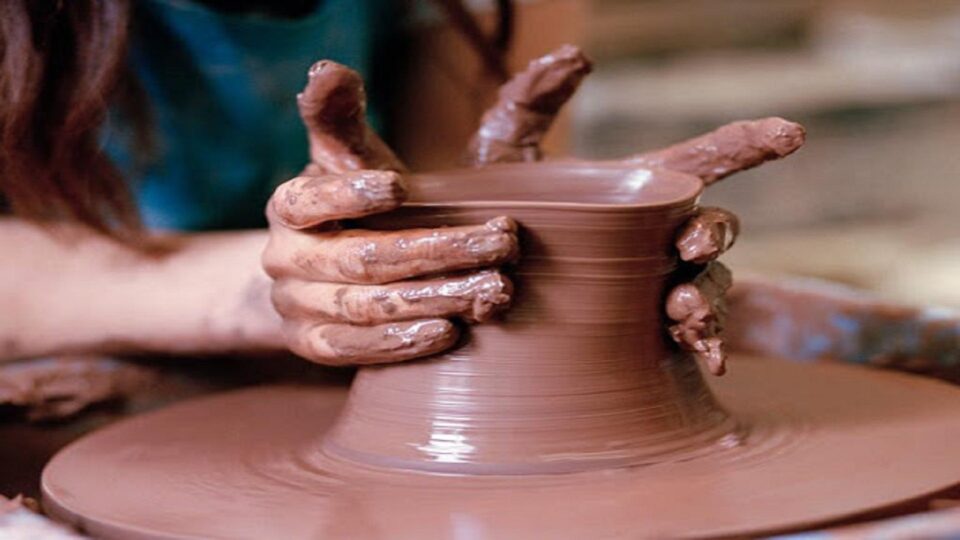
14 Feb2021

share



To view the original article click here
Getting into the zone
First, you must create the optimal conditions to get to your flow state.
“Avoid noisy environments and opportunity for interruptions,” advises Giovanni Moneta, an academic psychologist at London Metropolitan University and the author of Positive Psychology: A Critical Introduction.
The activity makes a difference, too. “We need to engage in activities that are meaningful to us, that we find challenging and for which we feel that we have the skills required to come out as winners.”
We are more likely to access the flow state when engaged in tasks we’ve already practiced. Think of the expert figure skater on the rink or the confident singer at the microphone. The level of difficulty should also be just right – not so easy that you find yourself bored, but not so hard that you get stressed.
When people are mindful, their blood pressure comes down.
Of course, that isn’t something we can always control. American author Steven Kotler, who wrote a book about peak human performance, has admitted that, as much as we’ve learned about its biological correlates and mental benefits, “flow is still a happy accident when it happens. All we can do is make you more accident-prone.”
And, as Moneta warns, flow can be exhausting. The work involved in completing a big project involves a lot more than the ecstatic, if preternaturally productive, periods of flow. To get to the finish line of a task, it’s just as important to slog through the boring parts and push through the uncomfortably difficult ones.
Mindfulness matters
If you’re struggling to achieve flow – or just worn out by its intensity – you might aim for mindfulness instead. Think of mindfulness as a more accessible cousin of flow.
“The concepts are very similar,” says Ellen Langer, a psychology professor at Harvard who has written several books on mindfulness, creativity and belief. “The major difference is that mindfulness is a state of mind that is available to everybody virtually all the time. It’s not an unusual thing.”
Mindfulness confers many of the same benefits as flow, she says:
“When people are mindful, their blood pressure comes down. All the physiological signs indicate greater wellbeing. People see you as charismatic. You’re healthier, you’re happier, your relationships are better. The things you produce are better. We have symphony musicians performing mindfully or in their typical state (over-rehearsed and mindless). We play those pieces for people who don’t know anything about the study. Close to 90% prefer the mindfully played piece.”
Almost any activity can be done mindfully, too – no yoga or meditation necessary.
“Simply say to yourself, ‘What are five new things about this person that I live with, this route that I’m taking home?’. Looking for new in the familiar leads us to be mindful,” says Langer. “If you’re talking to somebody and you think you know what they’re going to say, you barely listen. If you start off recognising that you don’t know, you have a very different attitude. Everything becomes more interesting, and if it’s interesting, it’s naturally engaging.”
Someone once asked me, upon learning that I was a writer, whether I “often experienced flow”. There’s a stereotype that writers and creatives can enter the zone at will – that we sit down at our laptops and the world melts away.
I’ve been practicing some of the elements of Moneta’s criteria to enter the zone for years. But I can remember accessing a state resembling flow only a few times; the vast majority of the hours I spend writing are closer to a grind than a trance. With any project, there are so many variables I can’t predict. Will my sources respond? Does the information I seek exist? Will someone send me a text starting ‘OMG’ to take me away from my focus? Plus, the idea of orchestrating a scenario in which the challenge exceeds my skills by 4% (as Kotler’s formula to enter flow recommends) strikes me as absurd.
Mindfulness, though, is more manageable. I can improve my focus by putting my phone in a drawer; when a task seems overwhelming, I can pause and take a breath. I can’t say it makes me feel transcendent, but I’ll take whatever calm I can get.